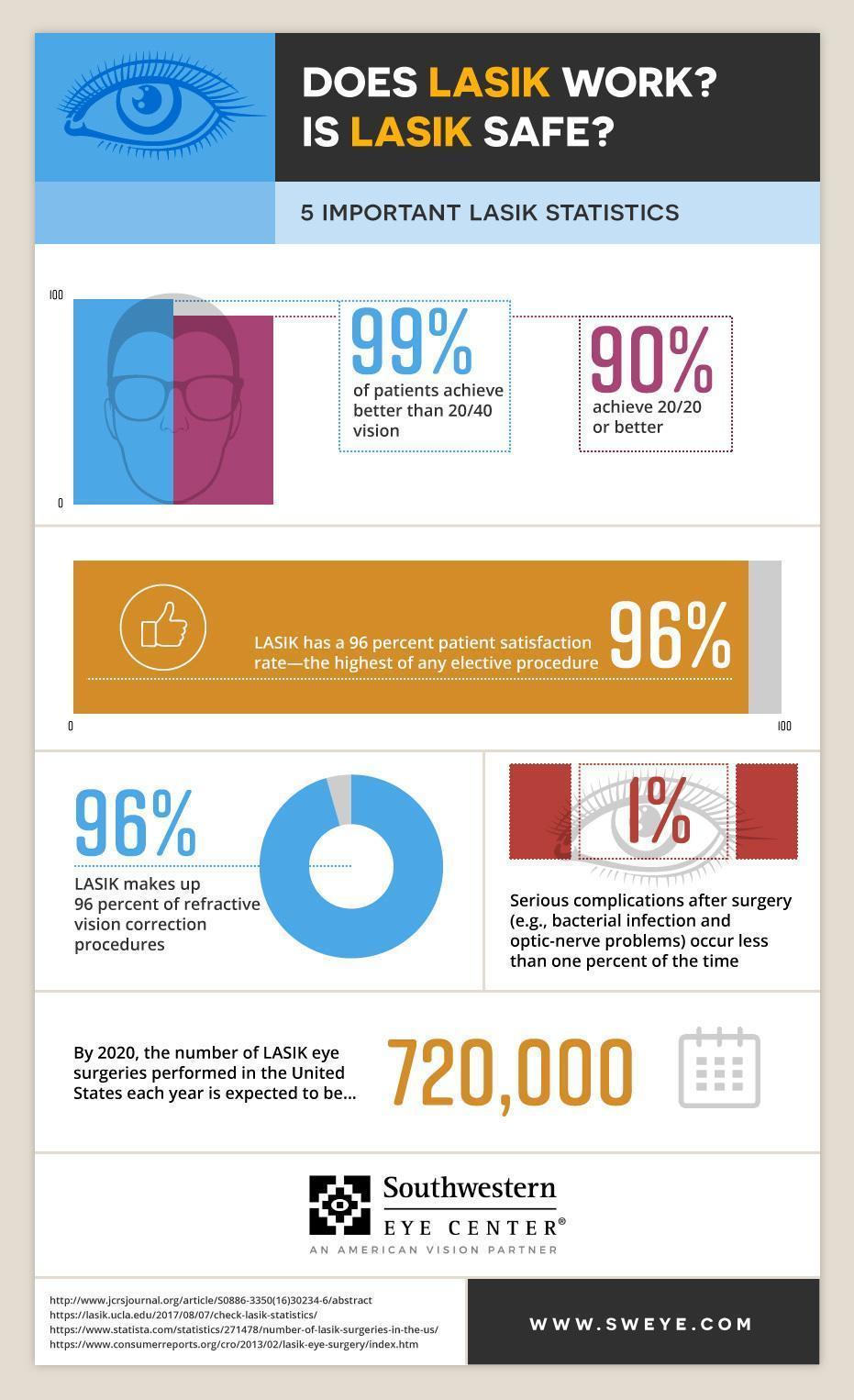The All-Inclusive FAQ On Refractive Lens Exchange: Essential Details You Required To Know
The All-Inclusive FAQ On Refractive Lens Exchange: Essential Details You Required To Know
Blog Article
Web Content By-Hunter Rodgers
If you're considering refractive lens exchange, you probably have a lot of questions. This treatment could transform just how you see the globe, providing benefits like decreased dependancy on glasses. Nonetheless, it's important to recognize the process, threats, and who qualifies as an excellent candidate. Allow's explore these critical aspects so you can make an enlightened decision regarding whether RLE is right for you.
What Is Refractive Lens Exchange and How Does It Function?
Refractive lens exchange (RLE) is a surgery made to replace your eye's all-natural lens with an artificial one, dealing with vision issues like nearsightedness, farsightedness, or presbyopia.
During the procedure, your specialist makes a tiny cut in the eye, removes your all-natural lens, and inserts an intraocular lens (IOL) tailored to your vision requires. This outpatient surgical treatment typically takes about 15 to half an hour per eye and is executed under regional anesthesia.
You'll likely observe renovations in your vision almost instantly, though full healing might take a few weeks. RLE is particularly useful for those over 40 or with high prescriptions, supplying a resilient service contrasted to glasses or contact lenses.
more resources can aid figure out if RLE is right for you.
What Are the Perks and Risks of Refractive Lens Exchange?
Selecting refractive lens exchange can cause significant enhancements in your vision, yet it is necessary to consider both the advantages and dangers prior to making a decision.
On the plus side, this treatment can improve your eyesight by remedying problems like presbyopia, nearsightedness, and hyperopia. Lots of clients delight in minimized reliance on glasses or contact lenses, which can greatly boost their quality of life.
Nonetheless, https://www.verywellhealth.com/myopia-5096884 to think about possible dangers. Complications can consist of infection, glare, or halos around lights.
There's also a chance of overcorrection or undercorrection, which might call for additional procedures.
Who Is a Suitable Candidate for Refractive Lens Exchange?
If you're considering refractive lens exchange, it is necessary to recognize whether you fit the profile of an excellent prospect. Generally, you may be a great prospect if you more than 40, experience presbyopia, or have high levels of nearsightedness or farsightedness.
It's also critical that your vision is steady, meaning your prescription hasn't changed significantly in the past year. If you have cataracts or various other eye conditions, you could gain from this procedure too.
Nonetheless, certain aspects, like uncontrolled diabetes or autoimmune illness, might invalidate you. To establish your candidacy, consult with an eye treatment expert who can examine your specific circumstance and recommend the best course of action tailored to your needs.
Verdict
In conclusion, refractive lens exchange can be a transformative choice for improving your vision, especially if you're over 40 or have a high prescription. While the benefits are significant, it's important to evaluate the threats and speak with your eye care specialist to determine if you're a perfect prospect. With the best info and support, you can make an informed decision and potentially enjoy a life with lowered dependancy on glasses.
